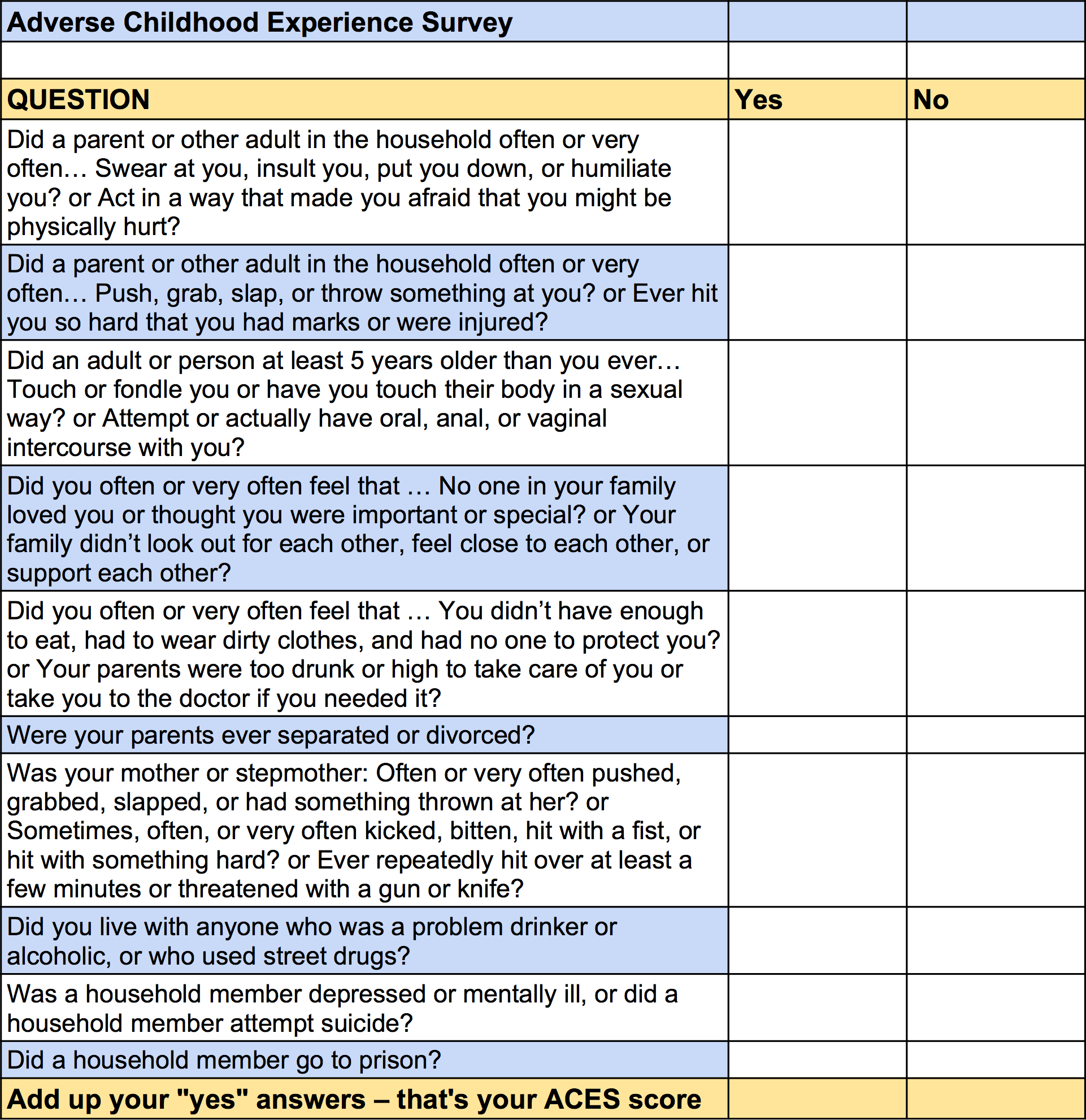

The CTQ has a wide range of treatment interventions including developing treatment plans, child custody investigations, and as an assessment took for the special populations.īefore delving into the actual case study represented in the article, it remains critical to assess the reliability and the validity of the CTQ. The CTQ was developed primarily as a screening tool for children with a history of abuse and neglect. It is in this regard that psychologists developed the CTQ that classifies childhood maltreatment into several categories including Emotional, Sexual and Physical Abuse (EA, SA, and PA), and Emotional and Physical Neglect (EN and PN) (MacDonald et al., 2016).

Some of the effects mentioned include the heightened stress responses, impaired psychological functioning, and a disrupted glucocorticoid signaling among others. Childhood maltreatment, according to the authors, has far-reaching consequences on the physical and psychological impact of the victim. The author goes ahead to says, "The Childhood Trauma Questionnaire (CTQ) is one of the most commonly used scales to assess and quantify these experiences and their impact” (MacDonald et al., 2016). Childhood maltreatment has a direct implication on morbidity and mortality. The subject of the article focuses on the use of CTQ as a measurement tool for childhood maltreatment. With a keen interest in the study design presented in the article, the discussion will center on assessment technique, ethical violations, and the author's ability to address or remedy the issues. It rates a host of factors that signify child maltreatment include neglect, emotional abuse, physical, and sexual abuse among others. Spinhoven et al., (2014) asserted that the CTQ is a self-report psychological measurement instrument that covers up to 28 items. The article used in the discussion highlights a psychological tool known as childhood trauma questionnaire (CTQ). Psychological tests are the standardized measures used in the assessment of various psychological variables such as intelligence, personality, and emotional functioning among others. Also, the psychologists must remain keen to report all the limitations that come with the assessment. The APA provides a standard rule that states that all their views and perspectives should be backed by findings drawn from the assessments. The American Psychological Association (APA) has developed a host of criteria meant to guide the assessments. Assessment remains a critical tool in the field of psychology.


 0 kommentar(er)
0 kommentar(er)
